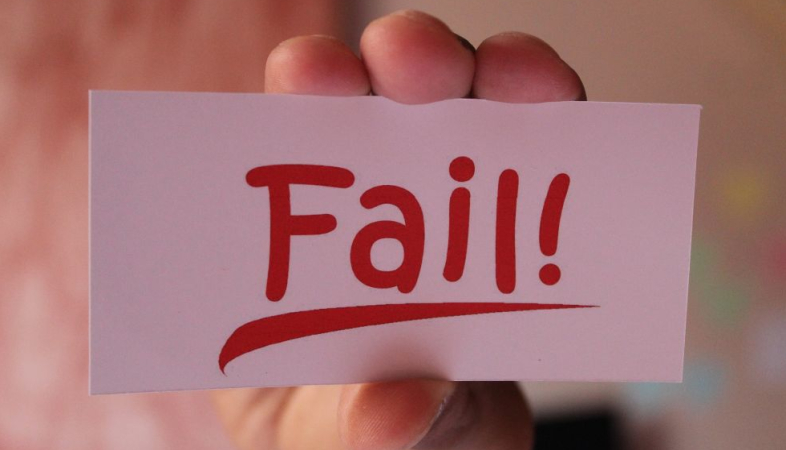
5 Top Reasons Apps Fail

Millions of apps are available on the Google Play Store and Apple’s App Store. A user only takes a few seconds to decide whether or not s/he will download an app or not. And the large number of apps available further adds to the competition for user attention. Most businesses wonder what it takes to develop a successful mobile app.
The competition is undoubtedly immense, yet clutter is not the only reason many apps fail. Read on to understand reasons why mobile apps fail and how you can design your strategy in order to effectively meet your goals.
Poor Research
It’s easy to think that users will love your app, but it is essential to have an excellent understanding of your product’s target audience, much before development begins. Your app will succeed only if it addresses a specific user need.
During the early stages of your project, identify the product’s central demographics and create user persona. The more detailed the user persona is, the better. Include things like demographics, behavior patterns, motivations, and goals, in the user persona.
Lack of uniqueness
App stores are full of similar apps. A successful app is one that offers a unique value proposition (UVP).
To create your UVP, –
- Draft a vision statement to create a definite sense of direction towards the end goal of the app.
- Test your product with a prototype to identify and fix problems early, when it’s far less expensive to modify it.
Design thinking is integral to the creation of original mobile apps. It supports innovation and emphasizes on a user-centric approach to product development, which can help you differentiate your app from others in the market and build competitive advantage.
Not choosing the platform carefully
Android and iOS operate in different ways and appeal to different user groups.
Discover your users’ choice of smartphone. This is often correlated with other variables, such as income and education. This information can help you make decisions about your app’s monetization strategy. For example, if your monetization strategy depends more on in-app purchases, iOS may be the most profitable platform for your app. But if you want to use ad placements to monetize your app, Android is a better idea.
If you are developing an app for multiple platforms, you should consider platform differences too. Remember that an average user takes less than a minute to decide an app is worth using!
Poor user experience
To offer a great user experience, the app needs to be intuitive. Poor usability can be caused due to –
- Difficulty in using the basic functions
- App performance issues (slow or lagging)
- Long load times
- Long registration processes
- Difficult to access features
Focus on creating an amazing UX so the user not only benefits from your app but also feels great about using it.
Other Reasons
Other reasons apps fail include –
- Improper testing
- Poorly executed app launch
- Project delays and budget overruns
- Many stakeholders with differing priorities
The bottom line is focusing on market and audience research, following platform-specific best practices, and thorough quality testing can make a difference a successful or a failed mobile app.









